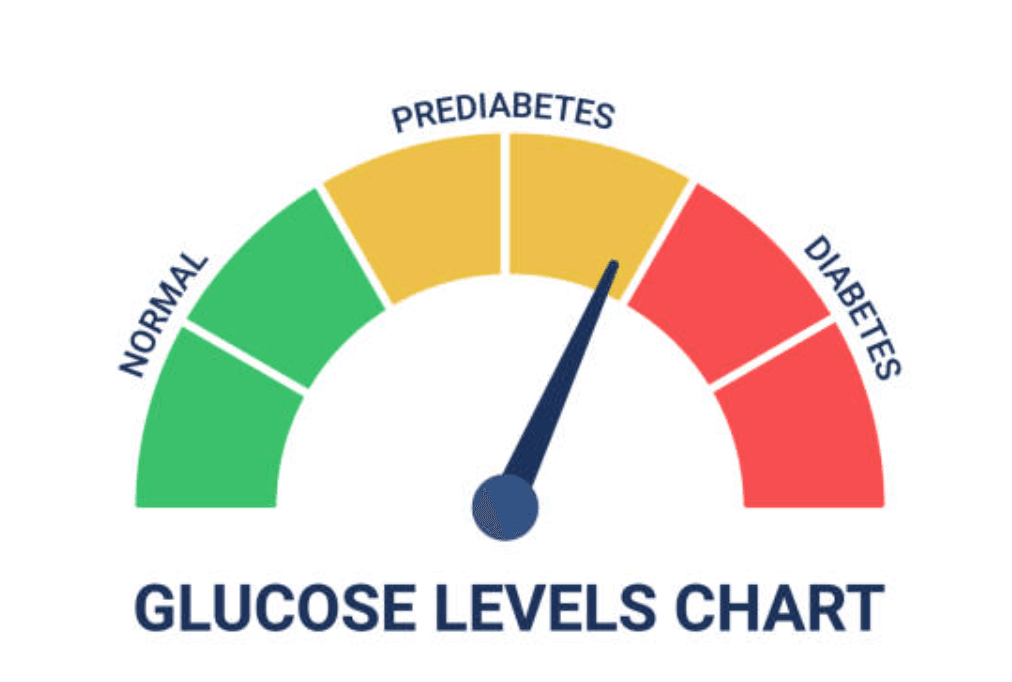Reduce Menopause Symptoms Naturally #glucose #menopause
Menopause is a transformative time in a woman's life that significantly influences various physiological systems, including the tight relationship between hormonal balance and glucose metabolism.
A crucial study has examined these effects, highlighting how menopause alters glucose and insulin dynamics. The research outlines the notable elevation of fasting glucose levels, increased sugar intake, and more pronounced glucose spikes in post-menopausal women compared to their pre-menopausal counterparts. The implications of these findings are significant for their health and lifestyle demands.
It's essential to reconsider dietary choices to manage these changes effectively. The same foods consumed before menopause may lead to more significant glucose spikes after menopause. Therefore, adjusting the diet to aptly address these metabolic shifts becomes imperative for maintaining health and well-being.
- Emphasize complex carbohydrates over simple sugars.
- Increase fiber-rich foods to aid digestion.
- Incorporate healthy fats to stabilize glucose levels.
- Regular check-ups to monitor glucose and insulin.
"After the menopause, your glucose and Insulin system don't work as well as they used to, contributing to bigger glucose spikes."
Unfortunately, these changes may indeed seem daunting. However, acknowledging "there's no two ways around it—that’s just the new normal" enables women to actively seek solutions to these health challenges.
From Around The Web
Wellness Inbox is a blog & weekly newsletter that curates trending news and products related to health and wellness from around the web. We also gather content from various sources, including leading health professionals, and deliver it directly to you.
Please note that we may receive compensation if you purchase any products featured in our newsletter. Wellness Inbox is not affiliated with, nor does it endorse, any health professionals whose content may appear in our newsletter. The information provided is for general informational purposes only and should not be considered medical advice.
The information provided is not intended to replace professional medical advice, diagnosis, or treatment. All content, including text, graphics, images, and information available is for general informational purposes only. We do not guarantee the accuracy or completeness of any information presented and assume no liability for any errors or omissions. The content is subject to change without notice. We encourage you to verify any information with other reliable sources and consult your physician regarding any medical conditions or treatments.







